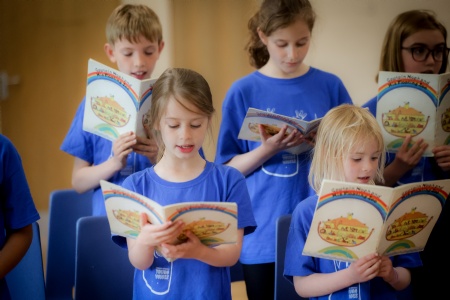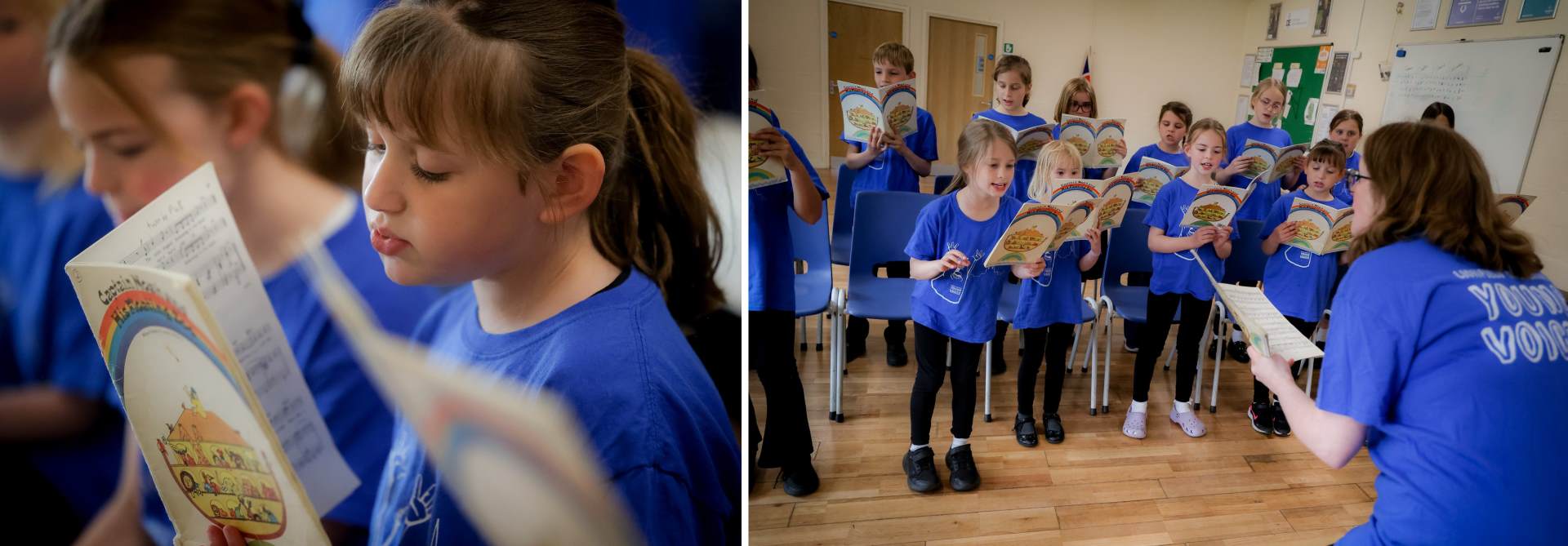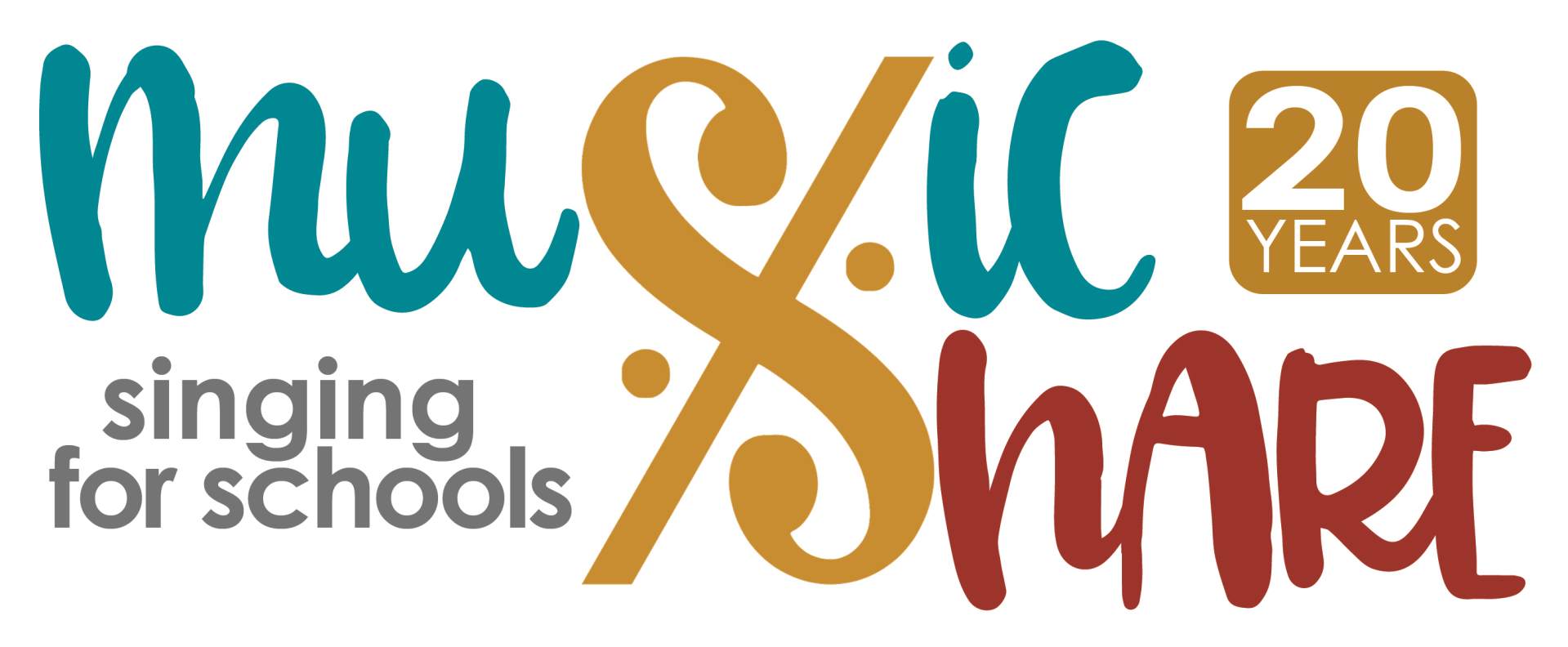The Science of Singing - Brain Development

As a music teacher and the Leader of Lichfield Young Voices Choir, I’ve long witnessed the remarkable effects that singing has on children - not just in terms of musical ability, but in how it shapes their minds, emotions, and overall development. What’s especially exciting is that science is now catching up with what music educators have known for years: singing, particularly in a choir, has profound cognitive and emotional benefits for young people.
Cognitive Development: A Workout for the Brain
Singing in a choir is a complex mental task. It requires children to read music, listen attentively, follow a conductor, and coordinate with others - all while producing sound with precision and emotion. Neuroscientists have found that these activities stimulate multiple areas of the brain simultaneously, including those responsible for language, memory, attention, and motor control.
Research from the University of California and Harvard Medical School shows that musical training can enhance executive function - skills like problem-solving, planning, and impulse control. These are critical for academic success and everyday decision-making. Singing also strengthens auditory processing, which is closely linked to reading and language development. Children who sing regularly often show improved literacy and verbal reasoning skills.
Emotional Intelligence and Regulation
Beyond cognitive gains, singing has a powerful impact on emotional wellbeing. Music activates the limbic system - the part of the brain involved in emotion, motivation, and memory. When children sing, especially in a group, their brains release endorphins and oxytocin, chemicals associated with happiness and bonding.
This is why choir rehearsals often feel uplifting and energising. Singing together fosters a sense of connection and shared purpose. It helps children regulate their emotions, reduce anxiety, and build resilience. Studies have shown that group singing can lower cortisol levels (the stress hormone) and increase feelings of social inclusion and self-worth.
In Lichfield Young Voices, I’ve seen children who struggle with anxiety or low self-esteem begin to flourish. The act of singing - of being heard and valued - can be deeply healing. Musical training has been linked to improved emotional processing and to the ability to read the emotional tone in another's voice. If we want to raise young people who are sensitive and socially intelligent, able to express themselves and empathise with others, and to navigate complex emotions, encouraging them to join a choir is an excellent idea.

Memory and Learning
Singing also enhances memory. Melodies and lyrics are stored in long-term memory more effectively than spoken words alone. This is why children often remember songs from years ago, even when they forget other details. Choirs use repetition, rhythm, and structure - all tools that reinforce learning. In fact, music is increasingly used in classrooms to support learning in subjects like maths, science, and languages. The mnemonic power of music helps children retain information and understand abstract concepts more easily. In addition, improvements in rhythm perception and production can be important for speech comprehension and production, helping children with developmental language difficulties (e.g. dyslexia) to build the rhythmic processing that is important for comprehension of the rapid changes in sound inherent within speech.
A Holistic Approach to Growth
When children sing in Lichfield Young Voices Choir, they’re not just learning music - they’re developing as whole individuals. They’re building neural pathways, emotional resilience, and social skills that will serve them for life. The science is clear: music, and singing in particular, is one of the most enriching activities a child can engage in. So, when you enrol your child in a choir, you’re giving them more than a musical education. You’re giving them a brain boost, an emotional anchor, and a joyful community. And that’s something worth singing about.
Lichfield Young Voices Choir meets on Mondays from 4.30pm to 5.30pm during term-time in Minster Hall, Lichfield. For more information, complete the form below.
Cathy Lamb
Director of MusicShare and Lichfield Young Voices Choir Leader
Join us at Music Share for a taster session














